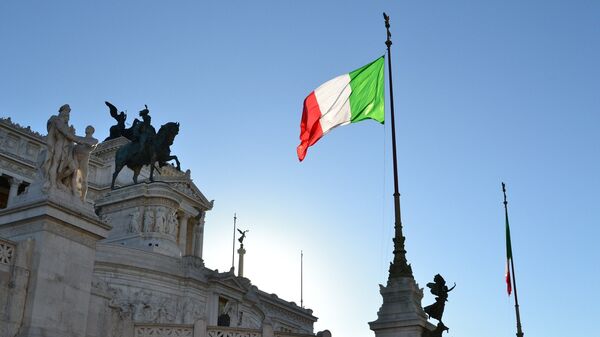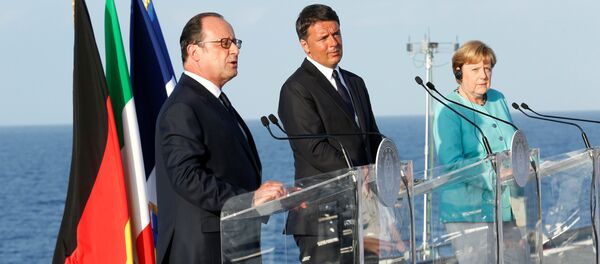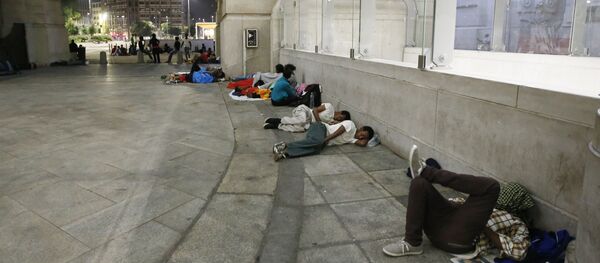Italy and France are at loggerheads over a raft of political and economic issues, including Paris’ meddling in Libya, which Rome fears could endanger Italian energy assets in that country.
“In Libya [French president Emmanuel] Macron did exactly what the Five Star Movement wanted the Italian government to do. He became a mediator bringing together all the conflicting sides in Libya and excluding Italy from the dialogue about that country’s future. This means that if they have elections there in 2018 and the party Italy does not work with wins, this would leave Italy’s energy giant Eni on the losing end and benefit France’s Total,” Luca Frusone complained.
“Eni facilities are on the territory controlled by General [Khalifa] Haftar who has threatened to bomb our ships,” he noted, blaming the Italian government, which “has allowed the French to bleed Italy white.”
He said that there is a financial war going on and, instead of controlling its revenues and enterprises, Italy is selling off its very best assets.
“We are losing our sovereignty and our very future; we are losing our high-tech companies and high-tech jobs. As a result, highly-qualified specialists are out of work and will have to leave the country turning Italy into a ‘European China’ with cheap and low-qualified labor and buying technologies abroad,” he warned.
During their meeting on September 27, the Italian and French leaders will discuss how best to settle their differences, including over the migrant crisis now that France is violating international agreements and the bilateral deal signed at Ventimiglia.
“However, our government never raised its voice against France and other EU countries,” Luca Frusone said.
He added that Italy is spending about 5 billion euros each year on accommodating incoming migrants, and that it should deduct this sum from its annual payments to the EU budget because Brussels “has abandoned Italy.”
Italy is also unhappy about France’s decision to walk back on the planned sale of Saint Nazaire shipyards to Italy’s Fincantieri Company, over a number of Italian food companies having been bought by French firms and BNP Paribas snapping up Italy’s Credit Agricole Bank and other strategic assets.
“When Macron was elected, many pro-European anti-populists in Italy, who thought that he would end political speculation and populism, saw that he scrapped the sale of the shipyards to Italy. Well, he had every right to do that, but what about his promises to be a European and promote equal-footed relations with others?” Luca Frusone wondered.




